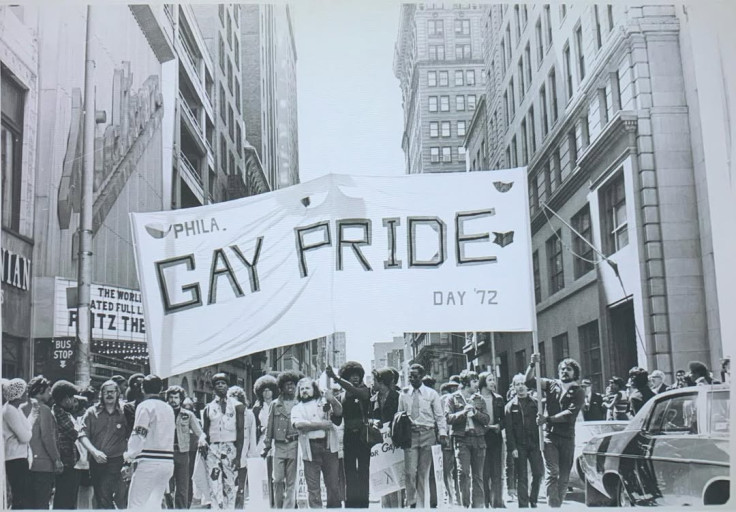Why Is Pride Month Celebrated in June? Get To Know the First March, and the Activists Who Sparked a Movement
Pride Month, often seen as a colourful celebration of LGBTQ+ identity, stems from a moment of resistance dating back more than five decades.

Every June, several cities worldwide light up with rainbow flags, and people come together in marches, parades, and protests. Pride Month, often seen as a colourful celebration of LGBTQ+ identity, stems from a moment of resistance dating back more than five decades.
The rainbow months marks the anniversary of the Stonewall Uprising in New York City in 1969, when queer and trans people—tired of police harassment—fought back.
What followed was a turning point. Within a year, the first Pride march took place, giving birth to a tradition that will continue to provide a safe space for celebration. However, the roots of Pride go deeper than one night in 1969. Hence, to understand its uprising and why the month of June is important to the community, let's turn back to page one of the history of Pride.
A Riot That Sparked a Movement
It all began in the early hours of June 28, 1969, at a small bar in New York City called the Stonewall Inn. At the time, police raids on LGBTQ+ spaces were common, often targeting transgender and gender non-conforming people under 'masquerade laws' that criminalised wearing clothing not matching one's legal or assigned gender at birth.
However, that night, the community had had enough. According to reports, when police raided the Stonewall Inn once again, patrons pushed back. Due to the resistance, the situation escalated into what we now know as the Stonewall Uprising—six days of protests and clashes with police in Manhattan's Greenwich Village.
What made that particular night different? During the raid, brave voices among the crowds, Sylvia Rivera and Stormé DeLarverie, reportedly spoke out. Although various accounts from the day have different narratives, there is one moment cited in several accounts that there was a woman, possibly DeLarverie, who resisted arrest and shouted to the crowd, 'Why don't you do something?' That spark lit a fire that had been building for decades
First Pride Parade And Contribution Brenda Howard
A year later, on June 28, 1970, LGBTQ+ groups organised marches to mark the anniversary of Stonewall. The largest march, the Christopher Street Liberation Day March, took place in New York City and was the first official Pride march in the city.
However, New York wasn't the only one celebrating the anniversary. Reportedly, Chicago held a march a day earlier, making it technically the first Pride parade in the US. One of the key organisers of the parade in New York was Brenda Howard, a bisexual activist often referred to as the 'Mother of Pride.'
Howard is known for her efforts to coordinate the event, which laid the groundwork for future Pride celebrations—and for decades of LGBTQ+ activism that followed. A fellow activist and admirer of Howard once told the media, 'The next time someone asks you why LGBT Pride marches exist or why [LGBT] Pride Month is June, tell them, 'A bisexual woman named Brenda Howard thought it should be.'
Stonewall Wasn't the First
While what unfolded in June 1969 in NYC gave birth to Pride month, it's important to remember that the fight for LGBTQ+ rights didn't begin at Stonewall.
Around a decade before Stonewall, earlier uprisings had already occurred, including one in Los Angeles in 1959 at a café called Cooper Do-Nuts, where LGBTQ+ patrons fought back against police harassment.

Moreover, several activist groups had also been forming quietly for years. In the 1950s and '60s, organisations like the Mattachine Society and the Daughters of Bilitis were already advocating for gay and lesbian rights, often through protests and publications.
Pride Month Was Not Recognised Until 1999
Despite Pride events growing around the country and slowly picking up momentum internationally in countries like the UK, it wasn't until 1999 that June was officially recognised as Pride Month in the US. It was former US President Bill Clinton who issued the first formal proclamation, and Presidents Obama and Biden have continued the tradition.
In June 2025, the US LGBTQ+ community marks the 55th anniversary of the first traditional Pride Month, honouring the night of the Stonewall uprising and the activists and allies who came before them.
© Copyright IBTimes 2025. All rights reserved.





















